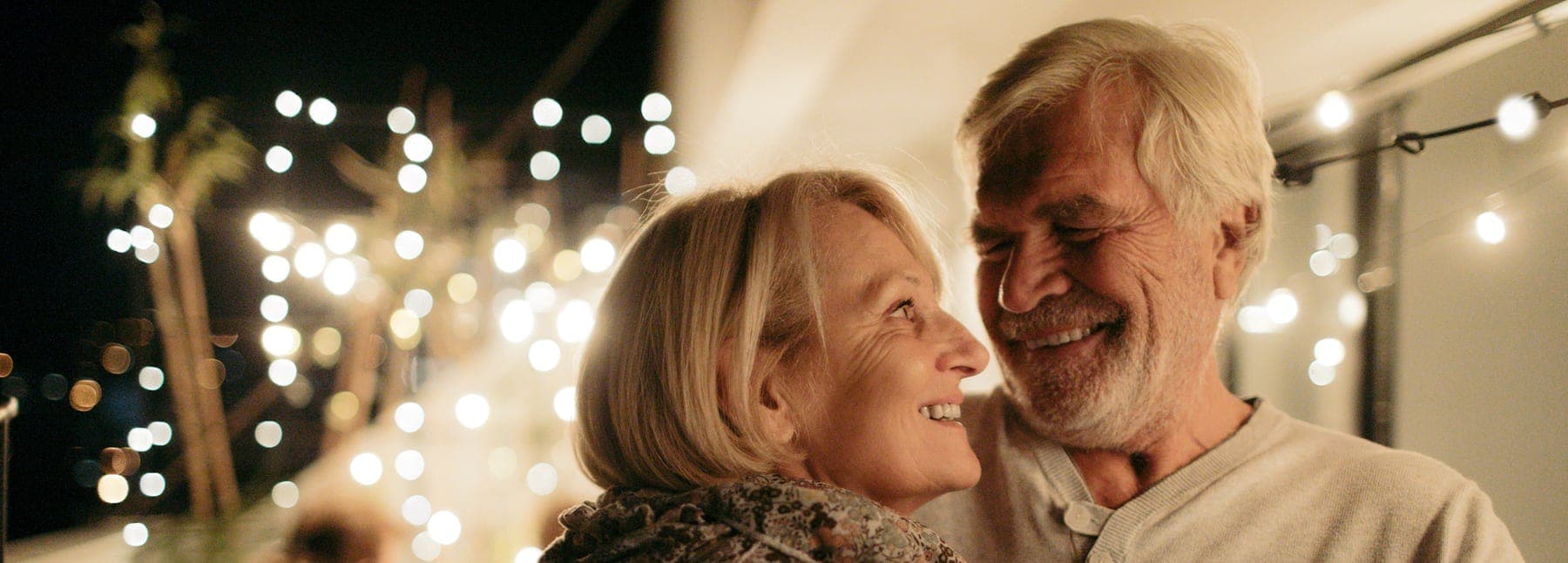As the holiday season approaches, you may feel eager to start socialising again, but it’s still important to exercise caution and remain vigilant. Unfortunately the risk of contracting COVID-19 hasn’t gone away. So before you jump back into that crowded bar or concert life, follow our tips on how to safely navigate your post-lockdown social life.
Continue to follow the local guidelines where you are
Readjust at your own pace
Maintain your social bubble
Set ground rules for meeting up
Avoid crowded spaces
Decide your risk tolerance
The risk of COVID-19 can vary depending on the number of people and location of a gathering. Indoor gatherings are potentially more risky than outdoor gatherings. While many restaurants are open again in many countries, you may prefer to meet outside where the risk of transmission is lower. A crowded setting may have greater risk. And the longer the gathering, the greater the risk. An event that spans a couple of hours may be less risky than something that spans an entire weekend.
When you are trying to determine what safety measures to take in public spaces, assess the situation in these terms: what’s the location, can I social distance, and do I know the people around me and their vaccination status.
Wear a mask
Each country has specific rules in place around face masks, and different arrangements around when and where they will no longer be required by law.
Face masks have played an important role in reducing the spread of COVID-19.
Choosing to wear a face covering, especially in enclosed or crowded spaces, will continue to limit the spread of the virus. Even if you are meeting in a private setting, you may want to consider wearing a mask and asking your friends to do so too.
Back to basics
It’s important to carry on doing the things that have so far proved successful in curbing COVID-19, even if you are fully vaccinated. This includes staying at least one metre from other people, and being vigilant about hand hygiene. Make sure you have plenty of hand sanitiser available if you are hosting or attending a social gathering, so you can disinfect your hands regularly without having to go to the bathroom repeatedly.
And, finally, the most important part of socialising is knowing when you really shouldn’t be socialising at all. Don’t ignore that sore throat or cough. Get a test and stay home until you get your negative result.



